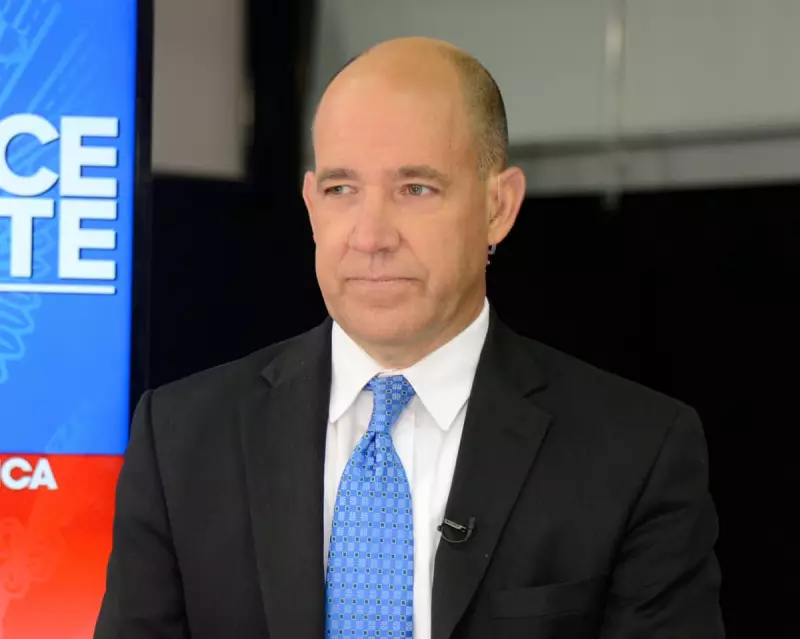
MSNBC analyst and former George W. Bush aide Matthew Dowd has found himself at the centre of a raging political storm after comments he made about conservative firebrand Charlie Kirk were widely perceived as a call for physical violence.
The controversy erupted during a segment on the network, where Dowd discussed Kirk's influential role within the Republican party. His remarks were swiftly seized upon by critics online, who interpreted them as a dangerous incitement. The resulting social media firestorm forced Dowd and MSNBC into a swift public defence.
A Statement 'Wildly Misconstrued'
In a lengthy post on X, formerly Twitter, Dowd vehemently denied any malicious intent. He expressed his frustration, stating his words had been "wildly misconstrued and taken out of context completely.” He clarified that his commentary was a critique of Kirk's political influence, not a personal threat, emphasising, "I in no way was calling for any harm to him."
The analyst defended his broader point, arguing that figures like Kirk, who lead organisations such as Turning Point USA, promote "divisive and destructive" rhetoric that he believes is damaging to the American political fabric.
MSNBC Backs Its Analyst
Standing by their contributor, a spokesperson for MSNBC issued a firm statement in support of Dowd. The network confirmed that his comments were "clearly rhetorical" and centred on a critique of political tactics, asserting there was "no ill intent" behind them.
This internal support highlights the network's commitment to Dowd amidst the online furore. However, the incident underscores the intensely partisan environment surrounding cable news, where any ambiguous statement can be amplified into a major controversy.
The Fuel of the Online Outrage Machine
Kirk himself responded to the clip, amplifying the backlash by sharing it with his millions of followers. His reaction, coupled with the outrage from his supporters, exemplifies how quickly isolated media moments can escalate in today's hyper-connected digital landscape.
This event serves as a potent case study in modern media dynamics, where context is often stripped away, and statements are amplified to fuel partisan divisions. It raises ongoing questions about responsibility, interpretation, and the immense power of social media to shape political narratives instantly.





